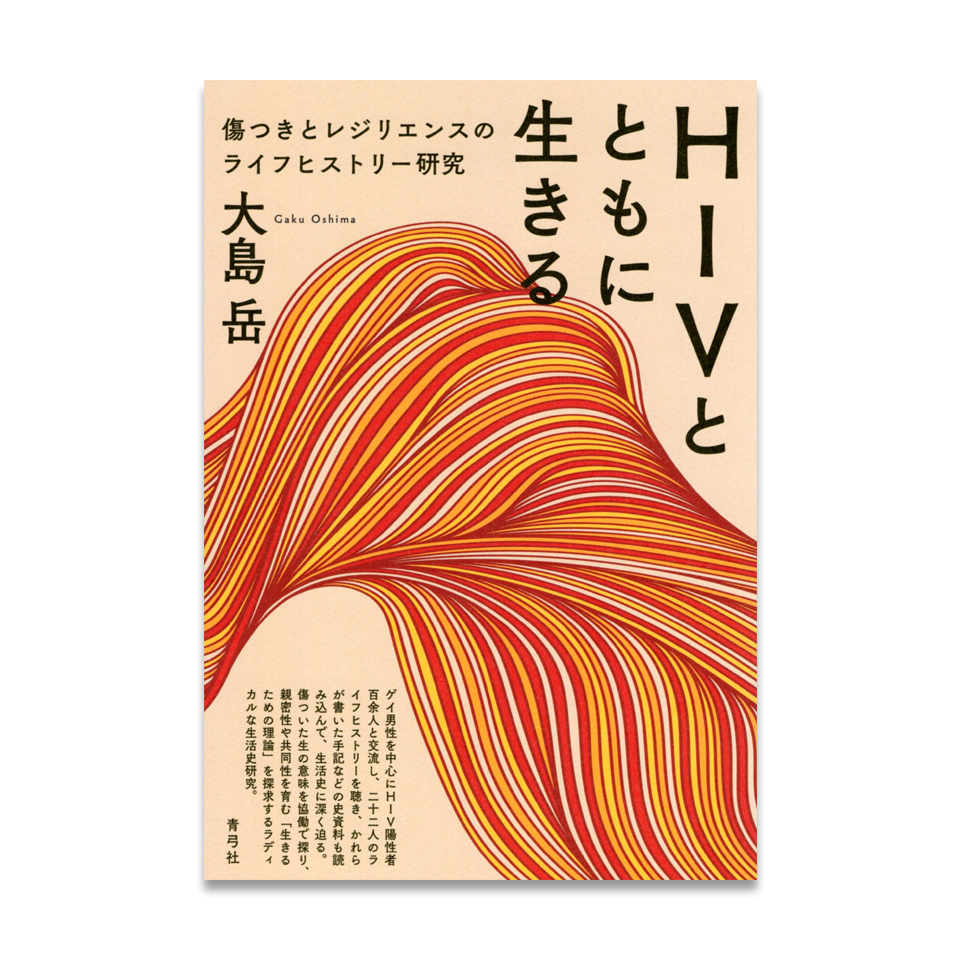
About Shipping
Shipping fees are automatically calculated at checkout based on the order details (product type, size, and weight) and the destination.
International Shipping
International shipping fees vary depending on the product size and the destination country or region.
| Size | China / Korea / Taiwan | Asia (excluding China, Korea, Taiwan) | Oceania / Canada / Middle East / Europe | United States (including Guam and other territories) | Latin America / Africa |
|---|---|---|---|---|---|
| Small Items | ¥1,620 | ¥1,830 | ¥2,500 | ¥3,700 | ¥3,260 |
| Standard Items | ¥2,750 | ¥3,700 | ¥6,000 | ¥6,300 | ¥7,250 |
| Large Items (Yamato Transport Size 120) | ¥4,850 | ¥7,300 | ¥12,450 | ¥20,300 | ¥15,350 |
| Large Items (Yamato Transport Size 140) | ¥20,200 | ¥20,200 | ¥27,750 | ¥32,350 | ¥58,850 |
| Large Items (Yamato Transport Size 160) | ¥25,600 | ¥25,600 | ¥35,150 | ¥41,100 | ¥71,550 |
Customs duties, import taxes, and customs clearance fees incurred for international shipping are not included in the product price or shipping cost and are the responsibility of the customer.
Domestic Shipping (Japan, tax included)
| Size | Hokkaido | Tohoku / Kanto / Shinetsu / Hokuriku / Chubu / Kansai | Chugoku / Shikoku | Kyushu | Okinawa |
|---|---|---|---|---|---|
| Small Items | ¥830 | ¥500 | ¥720 | ¥830 | ¥870 |
| Standard Items | ¥1,100 | ¥660 | ¥880 | ¥990 | ¥1,320 |
| Large Items (Yamato Transport Size 120) | ¥1,650 | ¥1,040 | ¥1,540 | ¥1,870 | ¥2,970 |
| Large Items (Yamato Transport Size 140) | ¥1,870 | ¥1,320 | ¥1,760 | ¥2,090 | ¥3,520 |
| Large Items (Yamato Transport Size 160) | ¥2,090 | ¥1,530 | ¥1,870 | ¥2,310 | ¥4,070 |
Cash on Delivery (COD) Fee
If you choose Cash on Delivery, an additional handling fee will be charged according to the total order amount, as shown below.
| Order Total | Up to ¥9,999 | ¥10,000–¥29,999 | ¥30,000–¥54,999 | ¥55,000–¥99,999 | ¥100,000–¥300,000 |
|---|---|---|---|---|---|
| COD Fee | ¥330 | ¥440 | ¥660 | ¥880 | ¥1,320 |
About Payment
The following payment methods are available for international orders.
Credit Cards
VISA / Mastercard / American Express / JCB
Digital Payment Services
PayPal / Shop Pay / Google Pay / Apple Pay
- Available payment methods may vary depending on your country or region.
- Orders will be shipped once payment has been confirmed.
- Changes or cancellations are not accepted after payment has been completed.
Customs Duties & Import Taxes for International Shipping
For international shipments, customs duties, import taxes, or other charges may be imposed depending on the destination country or region.
These taxes and fees are not included in the product price or shipping cost and are the responsibility of the customer.
The amount of customs duties and tax conditions vary depending on the country, region, and product. For details, please contact your local customs office.






